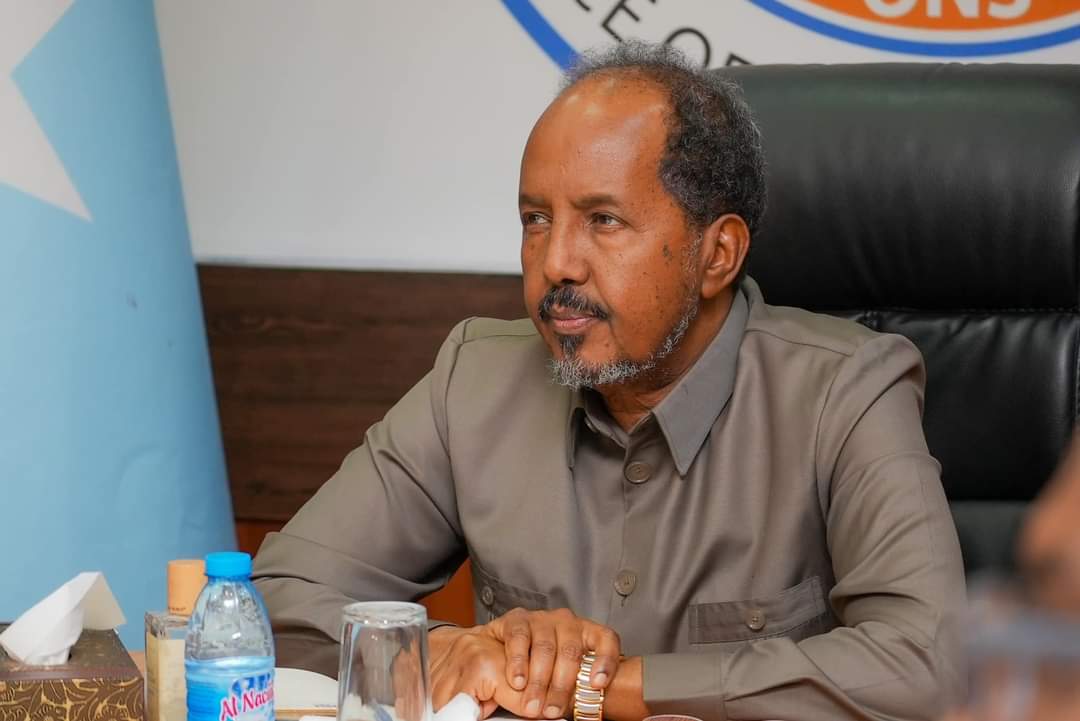
Extortion and bribery engulf Somali gov't institutions, new report reveals
|
07 July 2023 23:50

MOGADISHU (HORN OBSERVER) – A recent finding by local non-governmental organization Marqaati has shed light on the disturbingly low rate of complaints filed following instances of bribery and extortion within Somali government institutions.
The Somali government’s recent announcement to tackle corruption was met with skepticism as critics perceive it as a performative gesture to mask deeper issues within the system, including the removal of the Auditor General and the appointment of a less qualified replacement.
According to Marqaati, despite the arrests of several individuals implicated in corruption, bribery remains widespread, with illegal extortion checkpoints and nepotism prevailing at alarming levels.
Political cronies continue to receive procurement contracts in exchange for kickbacks and shares, indicating systemic corruption at the highest levels. The organization’s findings revealed that over 93% of respondents who admitted to paying a bribe did not file a complaint, primarily due to a lack of avenues for reporting and a prevailing belief that no meaningful action would be taken against reported incidents.
"Regarding bribe trends, over 90% of bribe-payers stated that the frequency of bribe requests either remained the same or increased compared to the previous year. This persistent trend indicates a significant lack of progress in combating corruption,” the report noted.
This stagnation in combating corruption signifies a significant lack of progress in addressing this deep-rooted issue. The data also pointed to a troubling correlation between an entity’s power and its involvement in bribe-taking, with the Federal Government of Somalia’s security forces implicated in approximately 44% of bribery cases, suggesting systemic corruption within influential institutions.
Marqaati’s 2022 corruption report, released on December 31, 2022, exposed the misappropriation of funds, revealing that $5,936,316.23 of international assistance and $4,543,045.46 of tax revenues were unaccounted for. These shocking revelations intensified scrutiny on the government’s anti-corruption efforts.
The situation worsened when the Auditor General was replaced with a politically exposed individual of questionable qualifications, raising concerns about the impartiality of future audits.
Additionally, the President’s dismissal of the Anti-Corruption Commission and the Judicial Service Commission in October 2022, seen as an attempt to exert control over these independent bodies, further undermined the government’s commitment to eradicating corruption.
Transparency International, in a separate report, highlighted the dire state of corruption in Somalia, placing it at the very bottom of the Corruption Perceptions Index (CPI) regionally and globally.
The report noted the decades-long cycle of violence and instability that has hampered efforts to curb rampant corruption.
The dissolution of key anti-corruption bodies and allegations of corruption and abuse of power against President Hassan Sheikh Mohamud have raised serious concerns, while economic and humanitarian conditions for Somalians continue to deteriorate.
The rampant corruption not only burdens the Somali population with economic and social hardships but also poses a significant threat to the nation’s stability and security.
The unchecked misappropriation of funds hinders development and erodes public trust in government institutions.
To restore trust and make genuine progress in the fight against corruption, Marqaati emphasizes the need for the government to commit to establishing permanent, independent, and constitutionally anchored anti-corruption institutions aimed not at appeasing donors and instead focus on empowering effective and lasting mechanisms to combat corruption.
Leave a comment
- Popular
- Rated
- Commented
04/11/2021 - 11:05:02
28/05/2024 - 15:44:10
02/12/2021 - 11:34:53
01/03/2021 - 09:00:37
Opinions
18/05/2025 - 16:26:37
15/05/2025 - 20:16:04
Politics
17/04/2025 - 01:58:17
13/04/2025 - 10:59:05
Terror Watch
18/05/2025 - 00:37:46
15/05/2025 - 00:59:16
Press Releases
21/05/2025 - 01:07:28
 0
0 




































Extortion and bribery engulf Somali gov't institutions, new report reveals
MOGADISHU (HORN OBSERVER) – A recent finding by local non-governmental organization Marqaati has shed light on the disturbingly low rate of complaints filed following instances of bribery and extortion within Somali government institutions.